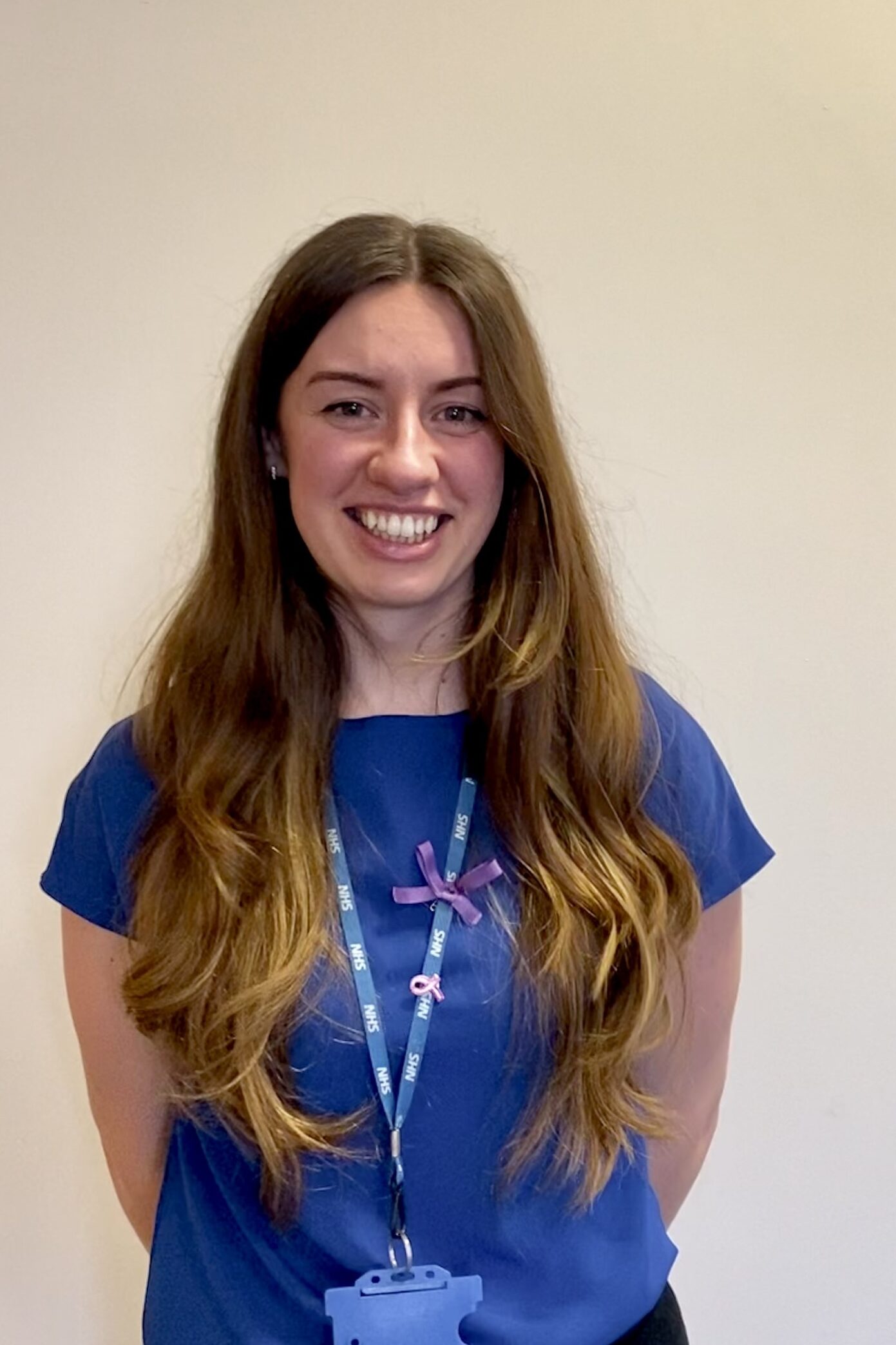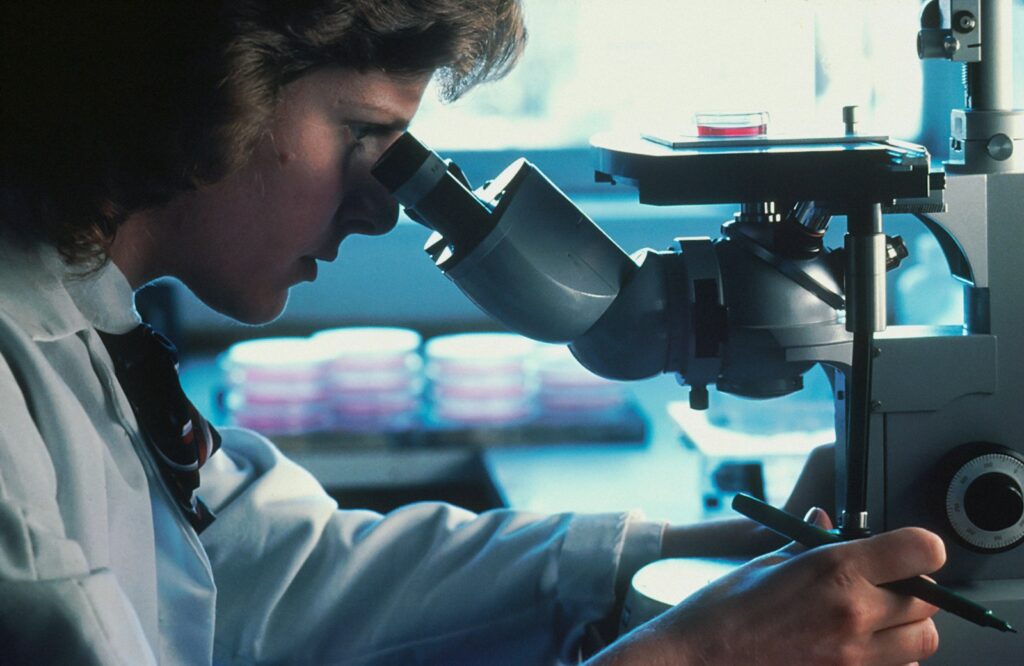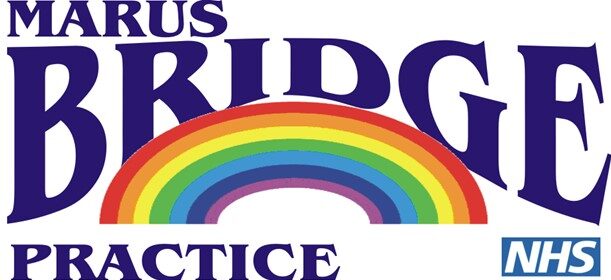Our Cancer Care Clinical Lead

Our Cancer Care Admin Lead

– Melissa Wilson
Our cancer champion’s role is to promote cancer screening programs and increase uptake. Other duties include monitoring our New Cancers Register, providing support and information to patients, allocation of lead clinician and provide a point of contact. She will also monitor and ensure the New Cancer registers are up to date for learning, and meeting QOF requirements.
CANCER SCREENING PROGRAM
Screening and earlier diagnosis
NHS cancer screening programmes can help to diagnose cancer or risk of cancer earlier and improve the likelihood of successful treatment. There are three national cancer screening programmes in England.
If you are eligible, please make every effort to have your screening test. Screening tests can detect a problem early, before you have any symptoms. Finding out about a problem early can mean that treatment is more effective.



MARUS BRIDGE PRACTICE
To provide best quality healthcare for all patients, putting patient’s needs at the heart of everything we do whilst also providing a high job satisfaction and a happy and safe place to work.
